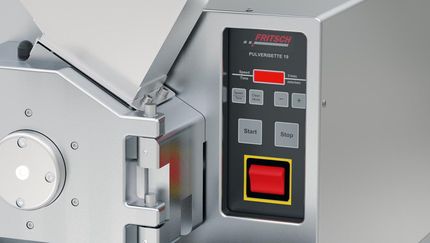To use all functions of this page, please activate cookies in your browser.
my.chemeurope.com
With an accout for my.chemeurope.com you can always see everything at a glance – and you can configure your own website and individual newsletter.
- My watch list
- My saved searches
- My saved topics
- My newsletter
Degree of polymerizationThe degree of polymerization, or DP, is the number of repeat units in an average polymer chain at time t in a polymerization reaction [1]. The length is in monomer units. The degree of polymerization is a measure of molecular weight. For most industrial purposes, lengths in the thousands or tens of thousands are desired. Product highlightFor a homopolymer, the degree of polymerization may be calculated as shown bellow DP = Total MW of the polymer/MW of the repeating unit
In polycondensation, in order to achieve a high degree of polymerization (and hence molecular weight), Xn, a high fractional monomer conversion, p, is required, as per Carothers' equation: Xn = 1/(1−p). A monomer conversion of p = 99% would be required to achieve Xn = 100. Correlation with physical properties
Polymers with identical composition but different total molecular weights may exhibit different physical properties. In general, increasing degree of polymerization correlates with higher melting temperature [2] and higher mechanical strength.
See alsoReferences |
| This article is licensed under the GNU Free Documentation License. It uses material from the Wikipedia article "Degree_of_polymerization". A list of authors is available in Wikipedia. |







